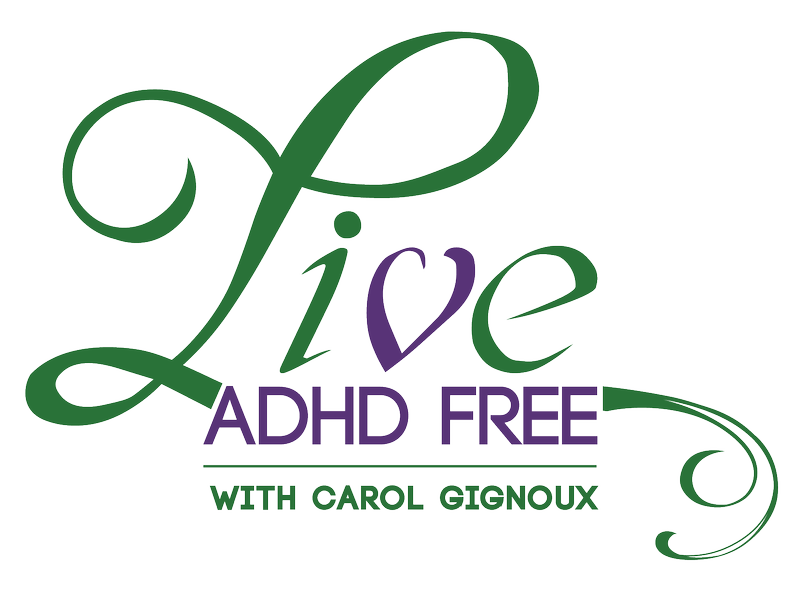According to a recent National Health Interview Survey, the diagnosis of children with ADHD rose significantly from 2009 to 2017. Along with the uptick of ADHD diagnoses, children with autism disorders also spiked. But is this rise a cause for concern?
Are Higher Diagnoses Related to Greater Awareness?
This increase may be, in fact, attributed to greater awareness of ADHD and autism, leading to higher numbers. Experts are unsure how to categorize this rise but do agree that a more informed society is probably a driving factor. The survey doesn’t deliver the “why” of the proliferation of diagnoses. It does, however, provide key numbers to allow for better tracking of the number of children with ADHD.
With this information, it can help those who work with ADHD kids, including pediatricians, speech therapists, counselors, and ADHD coaches, plan better programs to lead to improved outcomes. This all starts with early diagnosis and plans to help ADHD kids thrive.
Study Shows Evaluations Still Don’t Occur Soon Enough
The survey also provided information about evaluations. This noted some children could wait up to a year for one. Many areas of the country have an acute need for services. This assumption is built upon the fact that metro areas, where services are usually plentiful, had a higher increase versus rural areas, where specialists may be harder to find.
Without convenient and nearby access to professionals, rural families can face many more obstacles in receiving a diagnosis and finding resources. However, there are solutions to that not requiring lengthy travel. Telemedicine is a possibility for checkups, and online ADHD coaching or counseling has been shown to be just as effective as in-person appointments.
Regardless of the Trend, the ADHD Community Needs to Reframe Its Position
In reading about this new study, I found it astounding at all the times experts used the word “disorder” or “developmental disorder.” Medically speaking, this is how they classify ADHD. But reframing a diagnosis of ADHD from a deficit to an opportunity.
Instead, of seeing ADHD as something negative, it’s best to look at it as simply a different brain type. With the right tools and care, children with ADHD have a world of possibilities available. Yes, they’ll have more challenges in certain situations, but don’t we all?
What’s vital in looking at the higher instance of diagnoses in the US, is rethinking the way we treat ADHD, offering those innovator brains an environment where there are no limitations.

